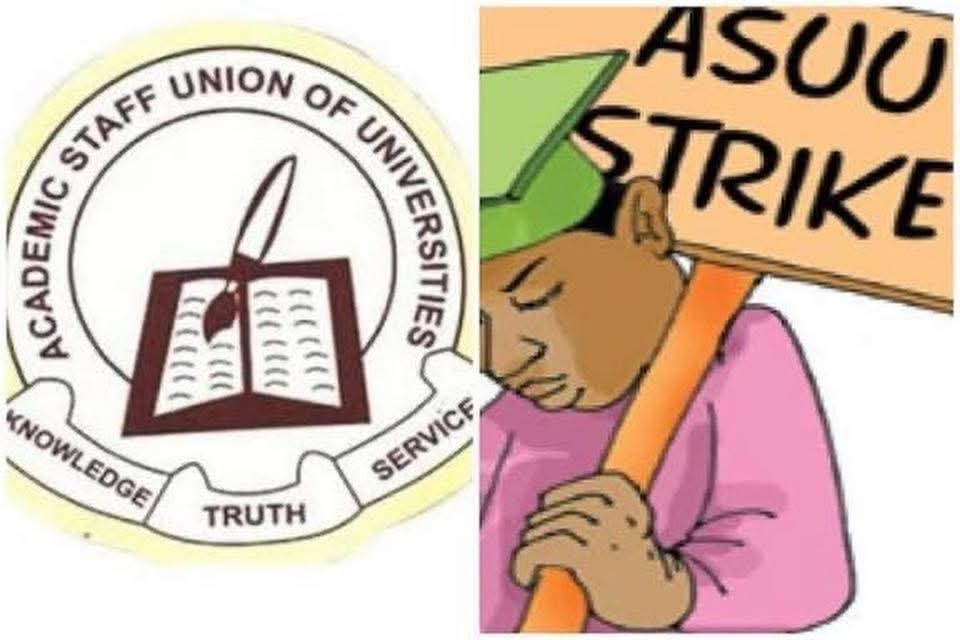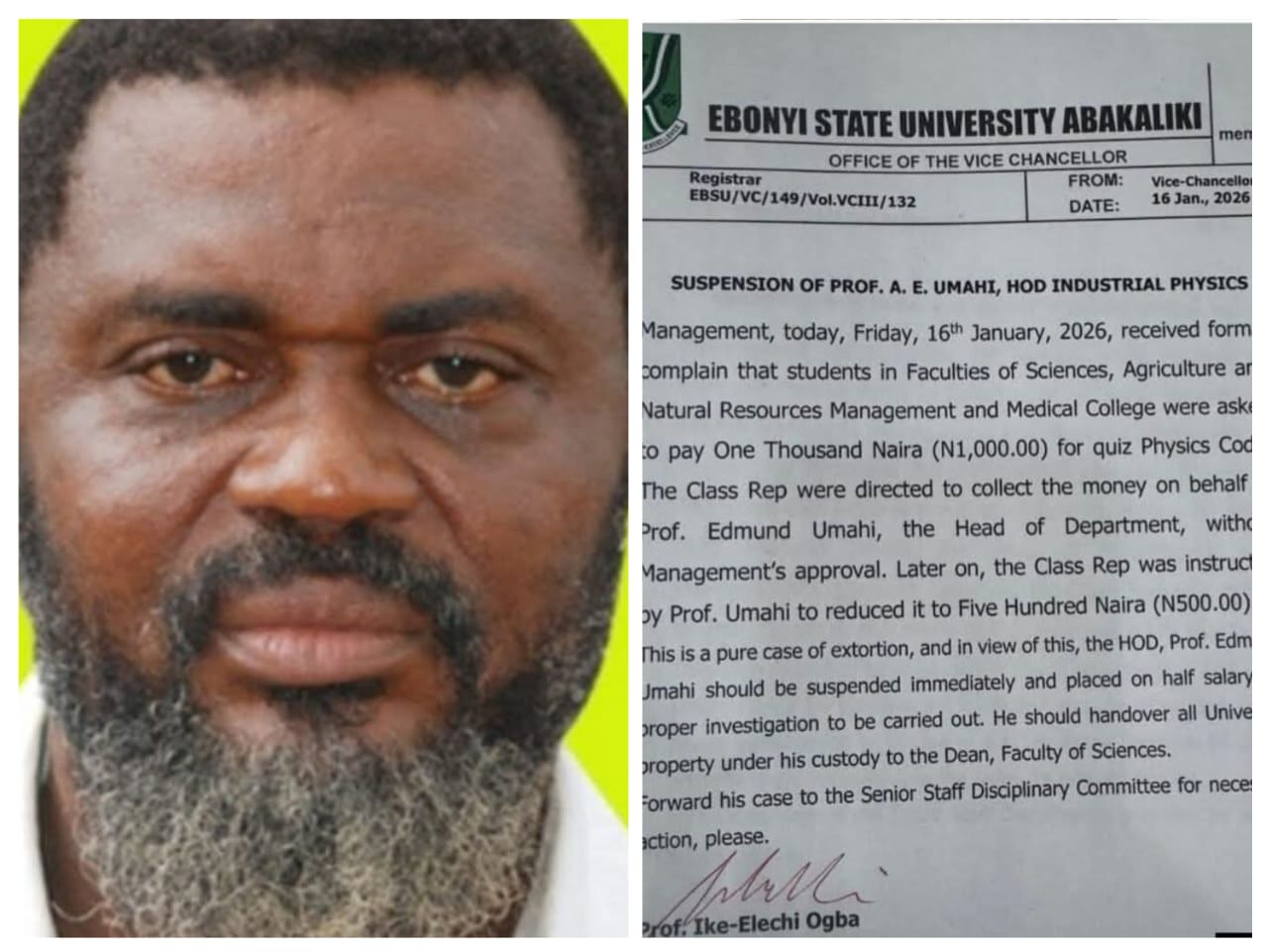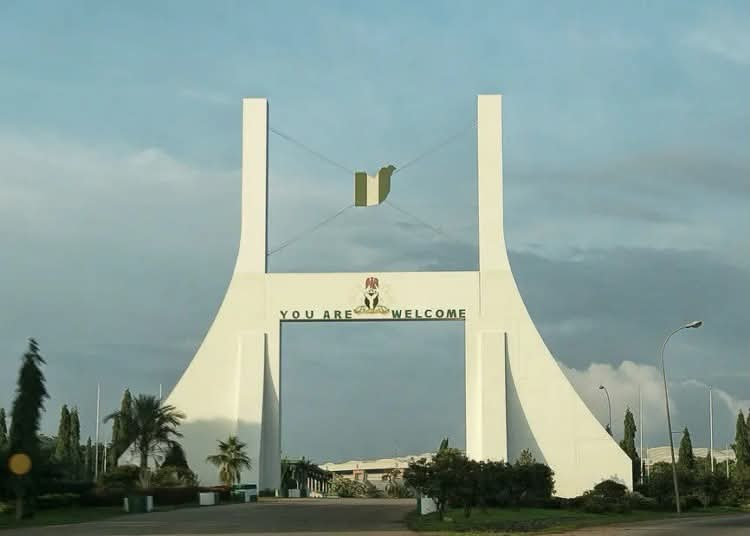
The Last Lecture: ASUU and the Conscience of a Failing State
B
By: Al-Gambari Daud
Each time the Academic Staff Union of Universities (ASUU) withdraws its services, the nation reacts with anger, fatigue, or cynicism. Yet beyond the noise and propaganda, there lies a deeper moral tragedy: a country that refuses to learn from those who teach it. The ASUU–Federal Government face-off has become more than a labour dispute. It is now a philosophical mirror reflecting Nigeria’s enduring moral failure, the failure to treat knowledge as sacred, and those who impart it as custodians of the nation’s soul.
The university, in every civilization, is more than an institution of instruction. It is the conscience of the state, the site where ideas are refined, where national ideals are interrogated, and where the moral compass of society is calibrated. When that conscience becomes weary, when its bearers are impoverished, and when their voices are ignored, the nation enters a period of intellectual darkness. ASUU’s periodic strikes, therefore, are not simply acts of defiance but expressions of intellectual protest, the final lectures of moral teachers confronting a state that has stopped attending class.
The tragedy of the Nigerian state is that it has institutionalized the neglect of education. For decades, the country has failed to honour agreements reached with its scholars. Promises of revitalization funds, earned allowances, and infrastructural renewal have become the recurring decimals of broken trust. Yet, the same state that defaults on these agreements does not hesitate to build new universities for political patronage, a mockery of reason and a desecration of academic integrity. It is akin to a patient refusing to treat his infection while admiring new symptoms.
To understand ASUU’s struggle is to recognize that it is not a battle for salaries but for values. What the lecturers demand is not merely payment for work done; it is a call for the restoration of the dignity of learning itself. The Qur’an commands, “Are those who know equal to those who do not know?” (Q. 39:9). Knowledge, in the Islamic worldview, is not a commodity to be bargained cheaply. It is a trust (amanah), and those who carry it are bearers of the prophetic legacy. When a society dishonours its teachers, it breaks the very covenant upon which its civilization stands.
Unfortunately, the Federal Government’s posture toward ASUU has been that of a power intoxicated by its own authority, mistaking compliance for cooperation and silence for consent. It wields the “no work, no pay” policy as a whip, forgetting that the same hand that holds the whip also starves the mind that shapes the nation’s future. The result is a grotesque inversion of values: entertainers are celebrated, while educators are humiliated; mediocrity is rewarded, while merit is marginalized.
In this moral inversion, the ASUU strike becomes a sermon, a last lecture to a deaf state. Each disruption of the academic calendar is both a tragedy and a testimony. It reveals how the pursuit of knowledge has been relegated to the margins of national consciousness. Students lose valuable time, lecturers lose faith, and institutions lose credibility. Yet the greater loss is intangible, the erosion of the nation’s moral fabric. A country that refuses to learn from its teachers condemns itself to perpetual ignorance.
It is tempting to blame ASUU for the collateral damage of its strikes, and indeed, the human cost is undeniable. Students languish at home, research stagnates, and parents despair. But such consequences must be weighed against the structural injustice that provokes them. When dialogue becomes deception and negotiation becomes delay, resistance becomes the only language the state understands. ASUU’s persistence, therefore, is an act of intellectual conscience, a refusal to normalize failure, and a moral insistence that promises must mean something in a civilized polity.
From a spiritual perspective, every ASUU strike echoes a profound ethical question: What does a nation owe its teachers? The Prophet Muhammad (peace be upon him) said, “The scholars are the inheritors of the prophets.” In the Qur’anic paradigm, knowledge is light, and to extinguish that light through neglect or disdain is to embrace darkness. Nigeria’s treatment of its scholars thus borders on moral ingratitude. The same state that glorifies oil and politics forgets that knowledge is the true wealth of nations.
History offers abundant proof that no society rises above the value it places on its educators. When the Abbasids patronized scholars, knowledge flourished and civilization advanced. When colonial authorities undermined indigenous learning, intellectual servitude followed. Today, Nigeria stands at that same crossroads, torn between reverence for knowledge and addiction to mediocrity. The ASUU strike is a plea to choose the former, to reawaken a sense of national conscience that recognizes the university as the last sanctuary of truth in a corrupt environment.
The tragedy, however, is that the government sees this confrontation as a contest of power, not a moral conversation. Bureaucrats calculate figures while classrooms decay. Politicians recite statistics while libraries turn to dust. The classroom, which should be the moral and intellectual heartbeat of the nation, now beats faintly under the weight of indifference. This failure is not ASUU’s alone; it is a collective indictment of a society that has traded wisdom for wealth and learning for lobbying.
The time has come for Nigeria to listen, not as an act of political concession, but as an act of national repentance. The ASUU–FG crisis is a symptom of a deeper moral disease: a culture that celebrates ignorance and punishes integrity. Until the state recognizes that education is not expenditure but investment, every strike will merely be a prelude to the next.
Perhaps this is the true meaning of “the last lecture.” It is not a course in the university, but a call to the conscience of a failing state, a reminder that nations do not collapse when their teachers stop teaching; they collapse when their leaders stop learning.
Al-Gambari Daud
University Lecturer




















